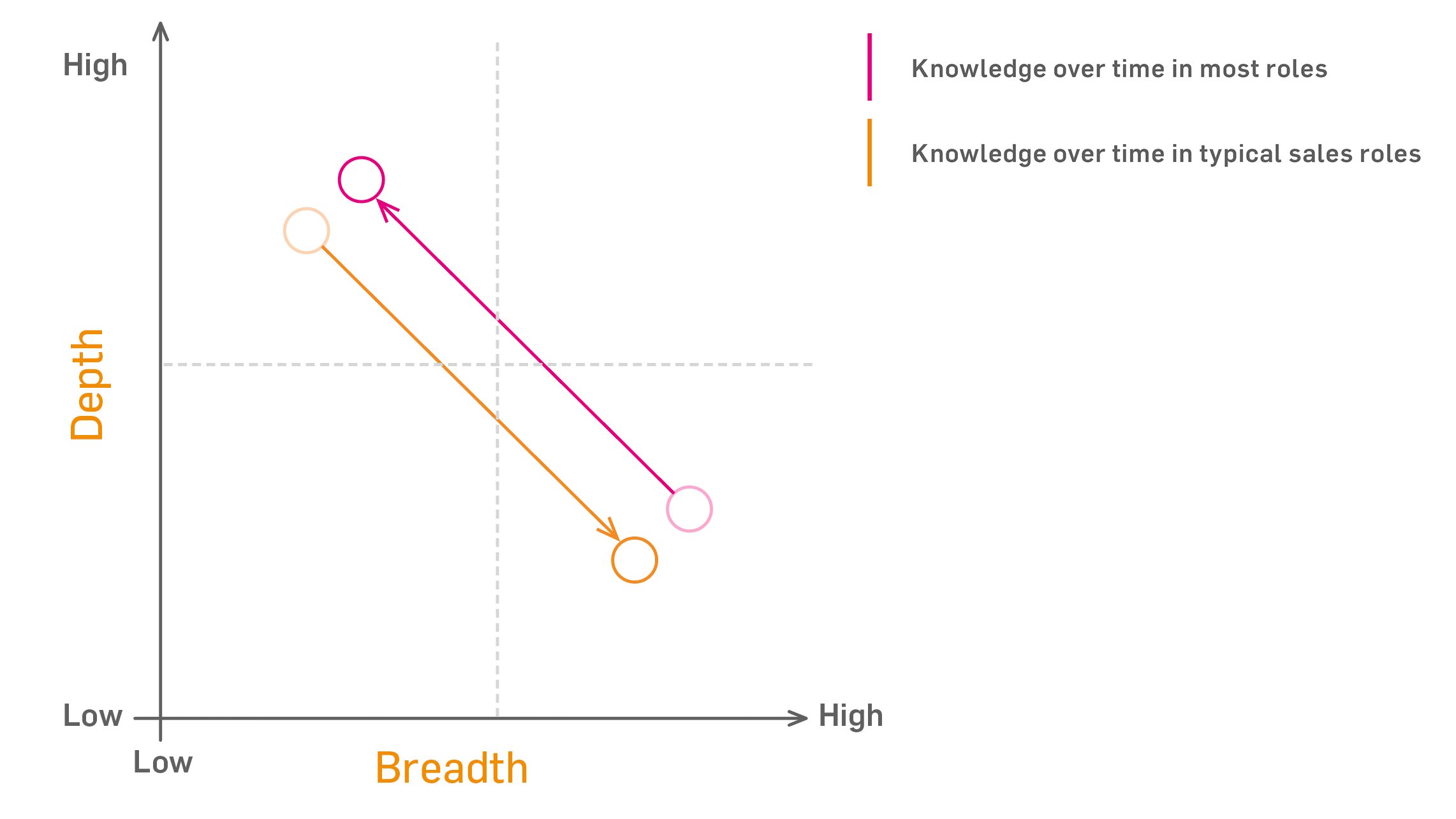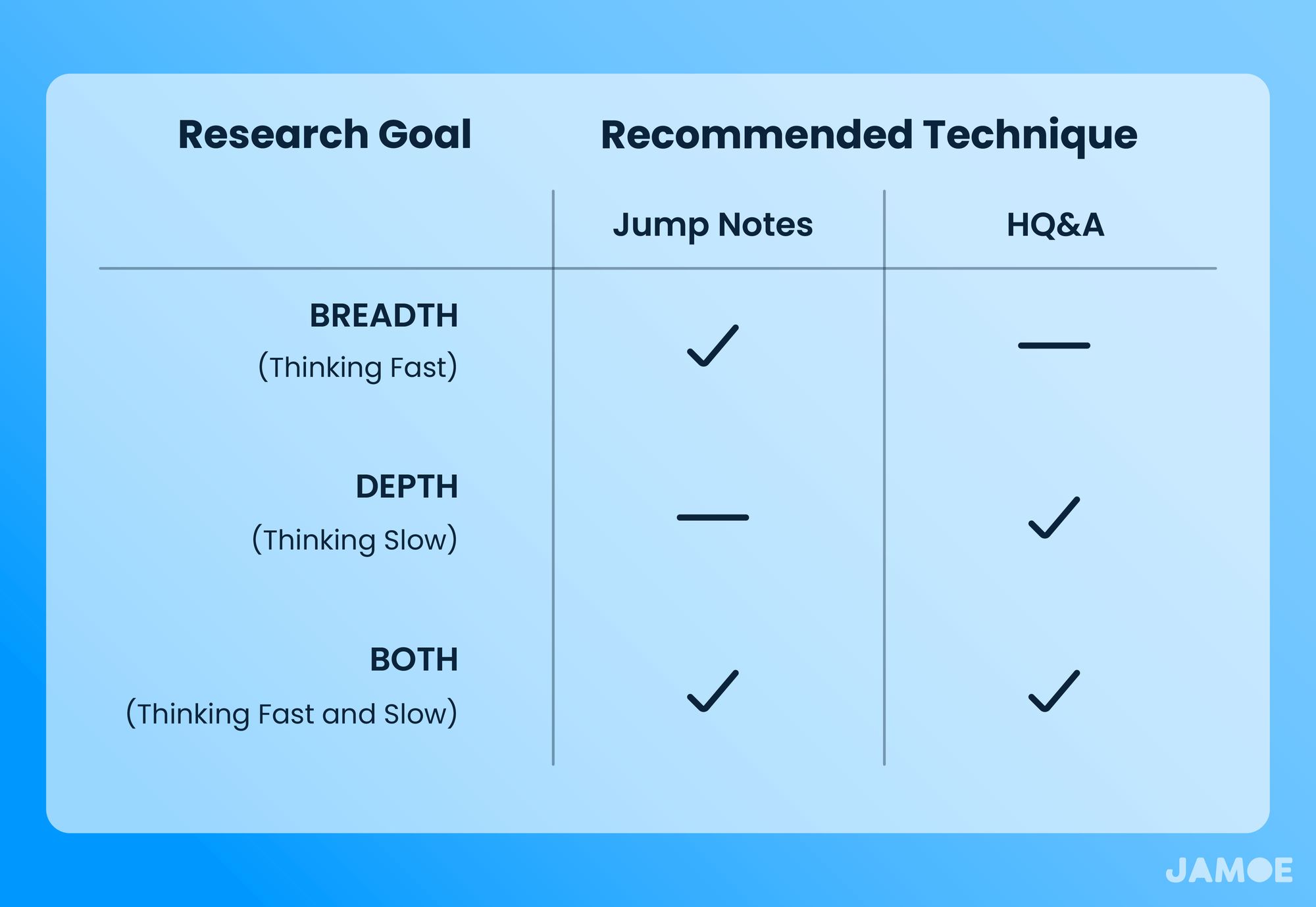Alright folks, let’s dive right into something that matters a lot these days—your career. Imagine this: you’re sitting there, scrolling through job listings or LinkedIn profiles, wondering how some people manage to keep growing in their careers while others seem stuck. Well, here’s the deal: a career that continues to grow in both depth and breadth isn’t just about luck or connections; it’s about strategy, mindset, and hustle. And guess what? You can achieve it too. So buckle up, because we’re about to break it down for you in a way that’s easy to digest but packed with value.
Now, before you think this is going to be one of those boring, overly formal articles, let me stop you right there. This is real talk, people. We’re talking about the ins and outs of building a career that doesn’t just survive but thrives. Whether you’re just starting out or you’ve been in the game for a while, this guide has got your back. Let’s make sure your career keeps leveling up, okay?
Let’s face it—career growth isn’t just about climbing the corporate ladder anymore. It’s about expanding your skills, taking on new challenges, and making sure you’re always learning. That’s what we’re here to talk about today: how to create a career path that grows in both depth and breadth. Stick around, because this is going to be good.
Read also:Donald Glover Sr The Man Behind The Iconic Legacy
So, what exactly does it mean to have a career that grows in both depth and breadth? In simple terms, it means becoming an expert in your field while also expanding your knowledge and experience across different areas. Think of it like a tree—your roots go deep into the soil (depth), but your branches spread wide to catch the sunlight (breadth). Makes sense, right? Let’s dig deeper.
Understanding the Concept of Depth and Breadth in Careers
Before we jump into the nitty-gritty, let’s first break down what we mean by “depth” and “breadth” when it comes to careers. Depth refers to your expertise in a specific area or skill set. It’s about becoming the go-to person in your field, the one everyone looks up to for answers. Breadth, on the other hand, is about expanding your knowledge and skills across multiple areas. It’s about being versatile and adaptable, so you can tackle new challenges as they come.
Why Depth Matters in Career Growth
Having depth in your career means you’ve mastered a particular skill or area of expertise. It’s what sets you apart from others and makes you indispensable to your organization. For example, if you’re a software developer, having deep knowledge of a specific programming language or framework can open doors to higher-paying jobs and more responsibility.
- Specialization leads to increased value in the job market.
- Experts are often sought after for leadership roles.
- Depth allows you to solve complex problems more effectively.
Why Breadth is Equally Important
While depth is crucial, having breadth in your career is equally important. In today’s fast-paced world, industries are constantly evolving, and companies are looking for employees who can adapt and contribute in multiple areas. For instance, a marketing professional who understands data analytics and digital strategy will have a competitive edge over someone who only knows traditional marketing techniques.
- Breadth helps you stay relevant in a changing job market.
- It opens up opportunities for career transitions.
- Having diverse skills makes you a more valuable asset to your employer.
Identifying Careers That Grow in Both Depth and Breadth
Not all careers are created equal when it comes to growth potential. Some industries naturally lend themselves to both depth and breadth development. Let’s take a look at a few examples:
1. Technology and IT
The tech industry is a prime example of a field where you can grow in both depth and breadth. As a software engineer, you can specialize in a particular programming language (depth) while also learning about cloud computing, cybersecurity, or machine learning (breadth). The possibilities are endless.
Read also:Pedro Napoleon Dynamite The Forgotten Sidekick Who Stole The Show
2. Healthcare
In the healthcare sector, professionals like nurses and doctors can deepen their expertise in a specific area, such as cardiology or pediatrics, while also expanding their knowledge in related fields like healthcare administration or public health.
3. Business and Management
Business professionals can specialize in areas like finance or marketing while also gaining experience in leadership, project management, and strategic planning. This combination of depth and breadth makes them highly sought after in the corporate world.
Strategies for Building Depth in Your Career
Now that we’ve established the importance of depth, let’s talk about how you can build it in your own career. Here are a few strategies to consider:
1. Continuous Learning
Never stop learning. Whether it’s through formal education, online courses, or self-study, staying up-to-date with the latest trends and technologies in your field is crucial for building depth. Platforms like Coursera, Udemy, and LinkedIn Learning offer a wealth of resources to help you deepen your expertise.
2. Seek Mentorship
Having a mentor can accelerate your growth by providing guidance, feedback, and opportunities for professional development. Find someone in your field who has achieved the level of expertise you aspire to and learn from their experience.
3. Take on Challenging Projects
Don’t shy away from difficult assignments. Challenging projects push you out of your comfort zone and force you to develop new skills and knowledge. This is where real growth happens.
Expanding Your Career Breadth
While building depth is important, don’t forget about expanding your breadth. Here’s how you can do it:
1. Explore Adjacent Fields
Look for opportunities to learn about industries or disciplines that are related to your current role. For example, if you’re a graphic designer, consider learning about user experience (UX) design or digital marketing. These adjacent skills can enhance your overall value as a professional.
2. Network with Professionals in Other Industries
Building relationships with people in different fields can expose you to new ideas and perspectives. Attend industry events, join professional groups, and participate in online communities to broaden your network.
3. Experiment with Side Projects
Side projects are a great way to explore new areas of interest without committing to a full-time career change. Whether it’s starting a blog, building an app, or launching a small business, side projects can help you develop new skills and gain valuable experience.
Data and Statistics: The Numbers Don’t Lie
Let’s take a look at some data that supports the importance of career growth in both depth and breadth:
- According to a report by the World Economic Forum, 54% of all employees will require significant re- and upskilling by 2022.
- A survey by LinkedIn found that 94% of employees would stay at a company longer if it invested in their career development.
- Research shows that employees who engage in continuous learning are 46% more likely to be promoted.
Overcoming Challenges in Career Growth
Of course, growing your career isn’t always easy. There are bound to be challenges along the way. Here are a few common obstacles and how to overcome them:
1. Lack of Time
Between work, family, and other responsibilities, finding time to focus on career development can be tough. The key is to prioritize and make the most of the time you do have. Even 30 minutes a day can make a difference if you use it wisely.
2. Fear of Failure
Many people are afraid to step out of their comfort zones for fear of failure. But here’s the thing: failure is part of the learning process. Embrace it as an opportunity to grow and improve.
3. Limited Resources
Not everyone has access to expensive courses or training programs. But there are plenty of free or low-cost resources available online. Platforms like Khan Academy, YouTube, and OpenCourseWare offer high-quality educational content at no cost.
Case Studies: Real-Life Examples of Career Growth
Let’s look at a few real-life examples of individuals who have successfully grown their careers in both depth and breadth:
1. Sarah Johnson: From Marketing Specialist to Chief Marketing Officer
Sarah started her career as a marketing specialist, specializing in digital advertising. Over time, she expanded her knowledge to include content marketing, social media strategy, and customer relationship management. Her combination of depth and breadth led to her promotion to Chief Marketing Officer at a Fortune 500 company.
2. John Lee: From Software Developer to Tech Entrepreneur
John began as a software developer with expertise in Java programming. He later expanded his skills to include mobile app development, artificial intelligence, and blockchain technology. This broad skill set allowed him to start his own tech company, which has since grown into a multi-million-dollar business.
Tips for Maintaining Work-Life Balance
While career growth is important, it’s equally important to maintain a healthy work-life balance. Here are a few tips to help you achieve that:
- Set clear boundaries between work and personal time.
- Prioritize self-care activities like exercise, meditation, and hobbies.
- Learn to say no to tasks that don’t align with your priorities.
Conclusion: Your Career, Your Journey
Alright, folks, we’ve covered a lot of ground today. A career that continues to grow in both depth and breadth is within your reach if you’re willing to put in the work. Remember, it’s not just about climbing the ladder—it’s about expanding your horizons and becoming the best version of yourself.
So, what’s next? Take action! Start by identifying areas where you can deepen your expertise and broaden your skills. Seek out opportunities for learning and growth, and don’t be afraid to step out of your comfort zone. And most importantly, enjoy the journey. Your career is your story—make it a good one.
Now it’s your turn. Leave a comment below and let us know what steps you’re taking to grow your career. Share this article with your friends and colleagues, and don’t forget to check out our other resources for career development. Thanks for reading, and we’ll see you in the next one!


